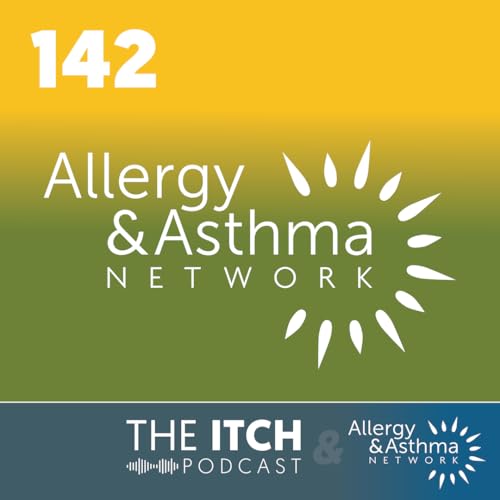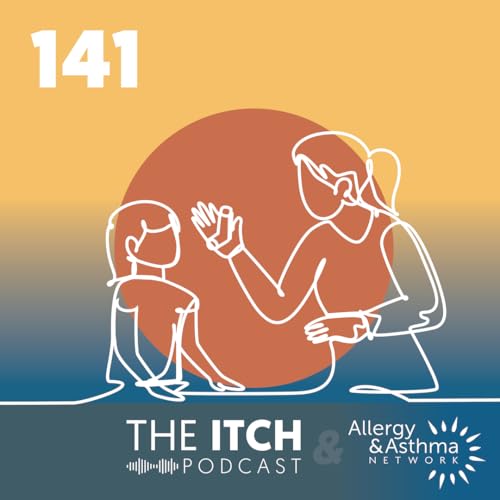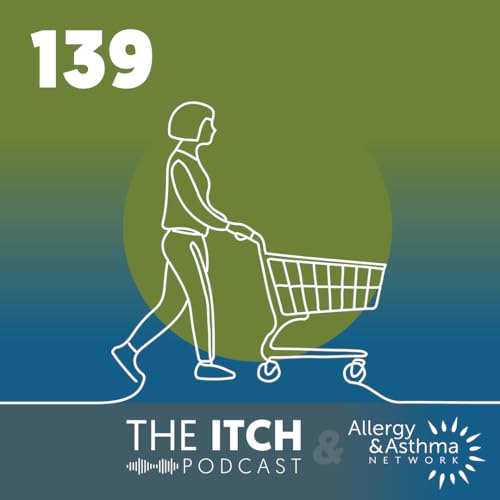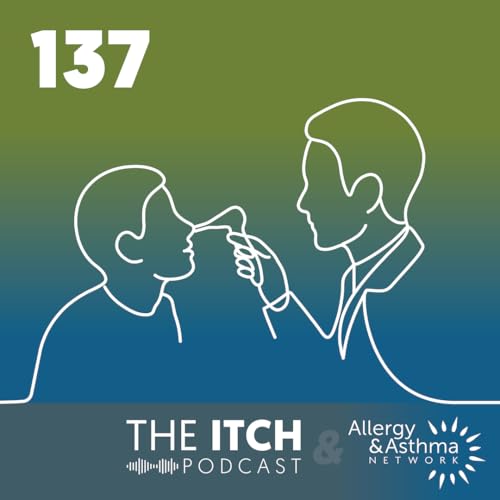Clonal mast cell disease is often missed because symptoms vary from person to person, tryptase levels can be normal, and bone marrow biopsies are hard to get. For some people, unexplained or very severe anaphylaxis may be an early sign of a clonal mast cell disease.
In this episode, we review “Prevalence of KIT D816V in anaphylaxis or systemic mast cell activation,” published in October 2025 in the Journal of Allergy and Clinical Immunology. This paper, known as the PROSPECTOR trial, is looking at how often the KIT D816V mutation can be found using a blood test in adults who have had anaphylaxis or systemic mast cell activation symptoms.
We break down why KIT D816V matters, how it connects to systemic mastocytosis, why HaT needs to be considered, and how newer blood tests may help doctors catch clonal mast cell disease earlier.
What we cover in our episode about KIT D816V and anaphylaxis: - Setting the stage: Understanding mast cell activation and anaphylaxis.
- Why KIT D816V matters: How this mutation fits into clonal mast cell disease, what blood testing can reveal, and when doctors still turn to a bone marrow biopsy.
- Making sense of tryptase and hereditary alpha-tryptasemia (HaT): Why baseline tryptase, the “20% + 2” rule, and HaT can make screening more complicated than it seems.
- What the PROSPECTOR trial uncovered: How often KIT D816V appeared in people with anaphylaxis, and other results on tryptase and HaT.
- How this helps patients: What these findings mean for anyone with unexplained or severe anaphylaxis, and how doctors combine KIT testing, tryptase, HaT, and symptoms to decide on next steps.
Other podcast episodes about mast cell disease:
- Ep. 127: Management of indolent mastocytosis - A clinical yardstick
- Ep. 126: Management of mast cell activation syndrome - A clinical yardstick
- Ep. 121: Avapritinib vs Placebo in Indolent Systemic Mastocytosis - PIONEER Trial
- Ep. 118: The ISM Disconnect - Do Patients and Providers Agree on Symptom Control?
- Ep. 70 How do stress and low histamine diets impact mast cell disease?
- Ep. 63: Mast Cell Diseases & Systemic Mastocytosis: The Basic Science
- Ep. 65: The Symptoms and Triggers of Mast Cell Disease
***********
The Itch Review, hosted by Dr. Gupta, Kortney, and Dr. Blaiss, explores allergy and immunology studies, breaking down complex research in conversations accessible to clinicians, patients, and caregivers. Each episode provides key insights from journal articles and includes a one-page infographic in the show notes for easy reference.
***********
Made in partnership with The Allergy & Asthma Network.
Thanks to Blueprint Medicines for sponsoring today’s episode.
This podcast is for informational purposes only and does not substitute professional medical advice. Always consult with your healthcare provider for any medical concerns.
 30 m
30 m 27 m
27 m 43 m
43 m 27 m
27 m 39 m
39 m 44 m
44 m 34 m
34 m 37 m
37 m
